Shifting Power Balances in Research to Centre Local Faith Actors Voices through the East Africa Learning Hub
Alvin Andanje
Africa Regional Coordinator, JLI
Communications Officer, Taabco, Kenya

When JLI approached Taabco at the height of the covid-19 pandemic about establishing an East Africa Learning Hub, we felt excited and full optimism on how crucial such a shared space would be to the region. With over 24 years of research and development consulting in the region, Taabco had always wished for such a forum where faith actors, civil society groups and academics could create and share knowledge on a multitude of issues. The East Africa region is a largely religious society by the fact that there are numerous institutions actively contributing to social, economic, and political change which are linked to religious beliefs and practice. There are a multitude of faith actors ranging from Christians, Muslims and African traditional religions in the region. There exist lots of knowledge products on the contributions of these faith actors to development matters in the region.
The extent to which these knowledge products inform policy and development strategies continues to be a contentious matter. However, there are quite a number of evidential materials on how resourceful faith actors’ input has been to societal development in the region. There is equally a significant concern on the quality of faith actors’ input on the policy making table especially when negative societal impact as a result of their input is experienced.
Questions have always arisen on who really conducts research among these faith actors? What is their agenda? How aligned is the agenda to the societal good? Are there attempts to influence agenda through faith?
East Africa, like many regions on the continent, has over the years hosted many international faith organisations willing to invest much in societal development. These international organisations have funded many projects and research works to that end. Generally, there have been questions on how far such influence goes and what can be done to balance power with local faith actors. The region is also struggling with a myriad of issues such as large inequalities, social tensions and conflicts, and concerns about governance. Faith actors are seen as crucial contributors towards alleviating the situation.
It is with this recognition that Taabco, together with other local partners, engaged the Joint learning Initiative (JLI) to help incubate the East Africa Hub on Governance, Peacebuilding and Local Faith Actors in October 2021 . Fortunately, the Hub’s vision coincided with JLI’s Fair and Equitable Initiative which seeks to shift more power and visibility to stories and voices of local faith actors, and investing in context-driven learning communities at local, national, and regional levels. The Hub is part of a renewal process that seeks to confront asymmetries of power in research, stimulate joint learning and enhance partnerships.
Between January and March 2022, Taabco and JLI engaged over 70 organisations and institutions across Kenya, Uganda, and Tanzania, to participate in a series of Listening Dialogues. These Listening Dialogues provided a platform where local faith actors and practitioners in the region could reflect on existing evidence on the roles of religions in humanitarianism, development, and peacebuilding in the region. Participants also reflected on whether the existing evidence takes in consideration priorities of local faith actors and if the available evidence has been relied upon to inform practice and influence policy. To provide pathways for the hub’s future, participants finally helped identify needs and opportunities for research and evidence about the roles and contributions of local faith actors to development, humanitarian action and peacebuilding.
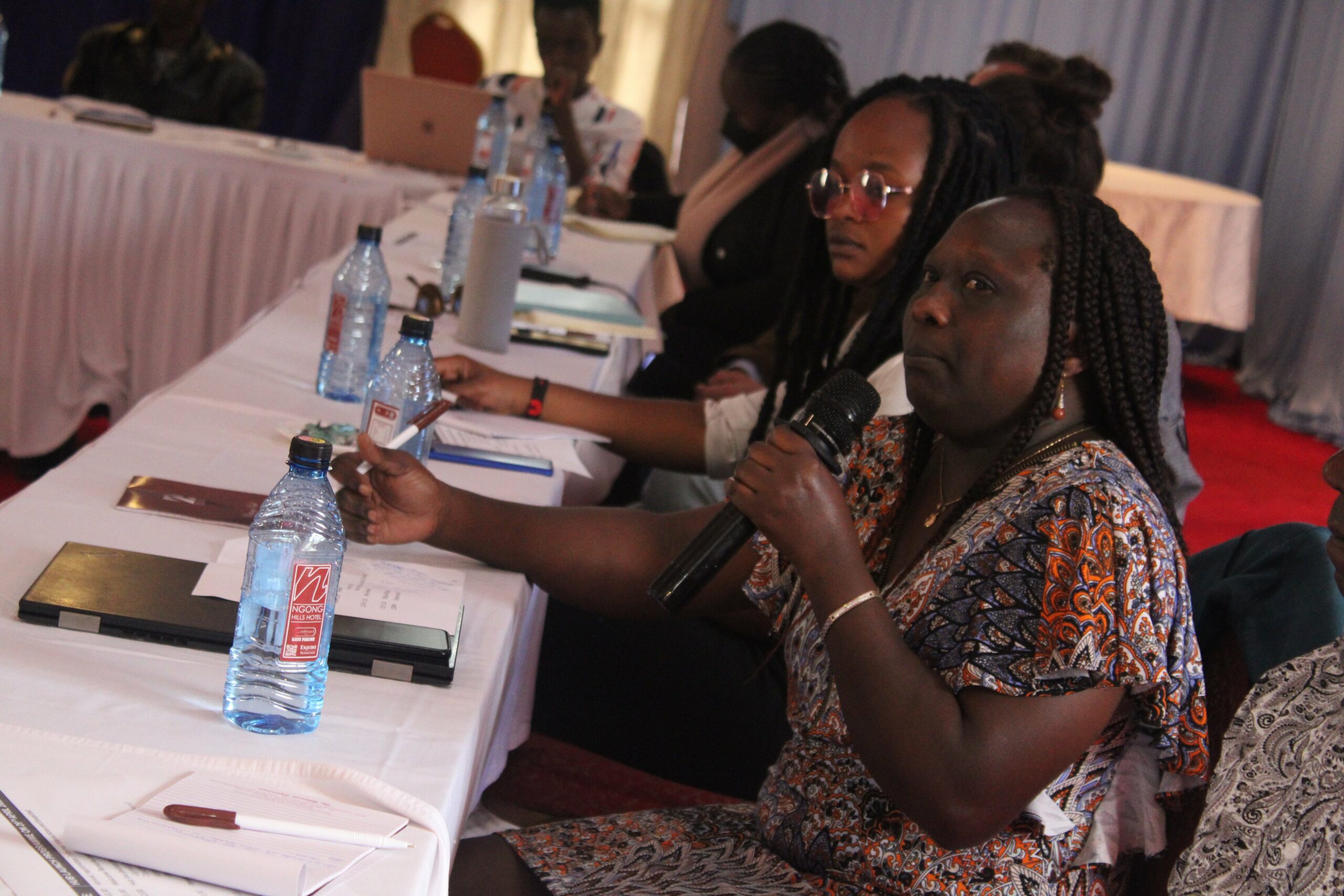
Throughout the Listening Dialogues, interesting observations were noted. Top of the list was the affirmation of the existence of a wide array of evidence ranging from policy briefs, guidelines, toolkits, research papers and books that document contributions of faith actors to governance, peacebuilding and humanitarianism. It was also noted that there is a disjoint between what faith based actors, academia and civil society have been doing in regards to peace building and governance. This disjointed approach had led to duplication of roles and heightened wastefulness of resources on numerous development projects. It became apparent that platforms for sharing insights on best practices would be a viable idea.
The East Africa Learning Hub was therefore launched on 29th April 2022 in Nairobi, Kenya. The hub is working to be a crucial platform enhancing collaboration on planning, production and dissemination of research findings through sectoral collaboration in the region. Researchers, academics, civil society, faith actors and other agencies are invited to join , share and enable generation of reliable knowledge products that reflect the voices of local communities.
The hub is now working on its first research paper Bridging the Gaps, which engages with evidence, interviews with key actors, and case studies to analyse the contributions of faith actors on governance and peacebuilding in East Africa. The hub also holds meetings once every two months for members in Tanzania, Uganda and Kenya with plans to have a continental reach already in place.
As observed by another participant, it offers a common space, with clear coordination, clear synergized space that can be nurtured as a neutral space for all these interreligious bodies to engage and share knowledge with academia and civil society among other entities. This is a step in the right direction.
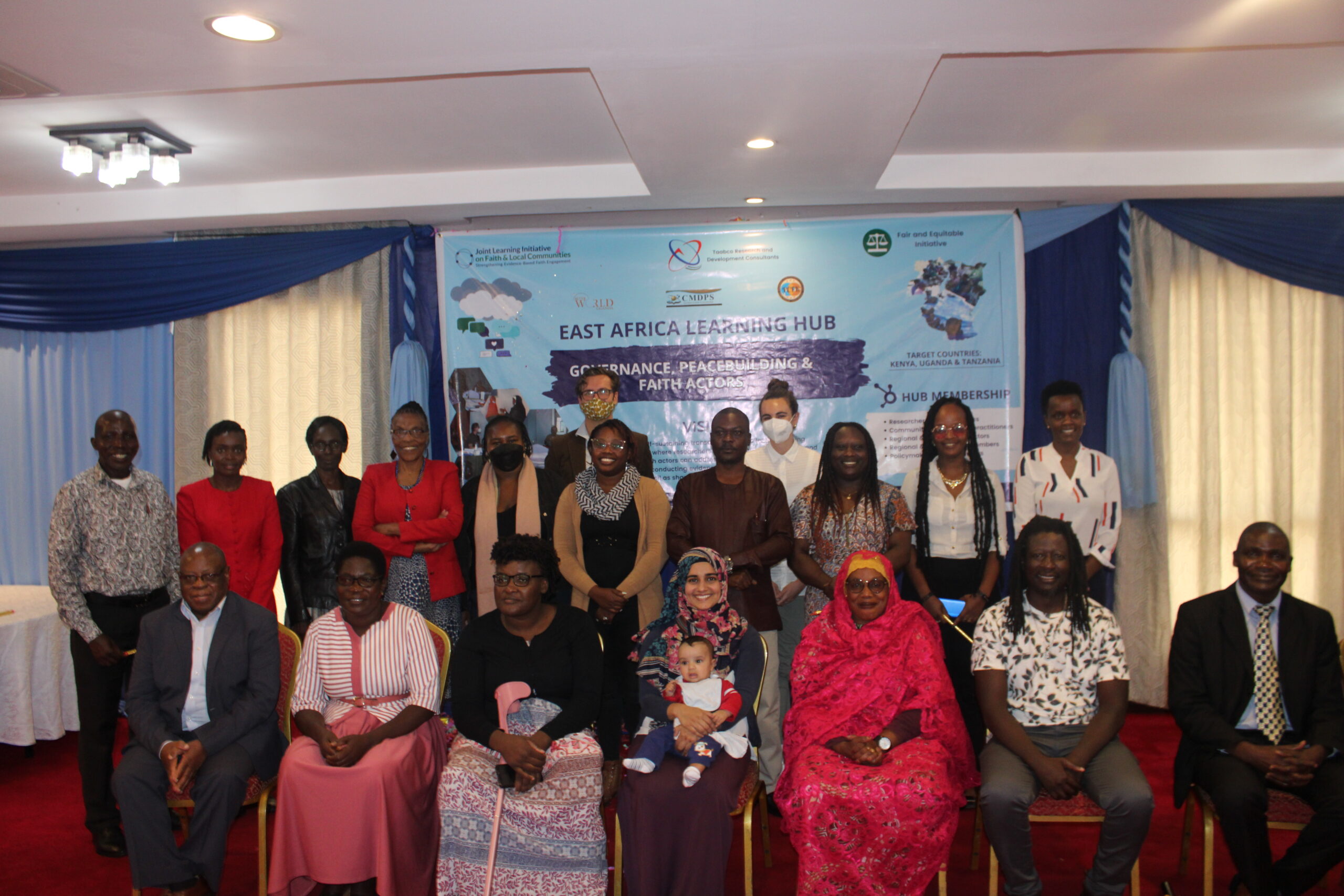

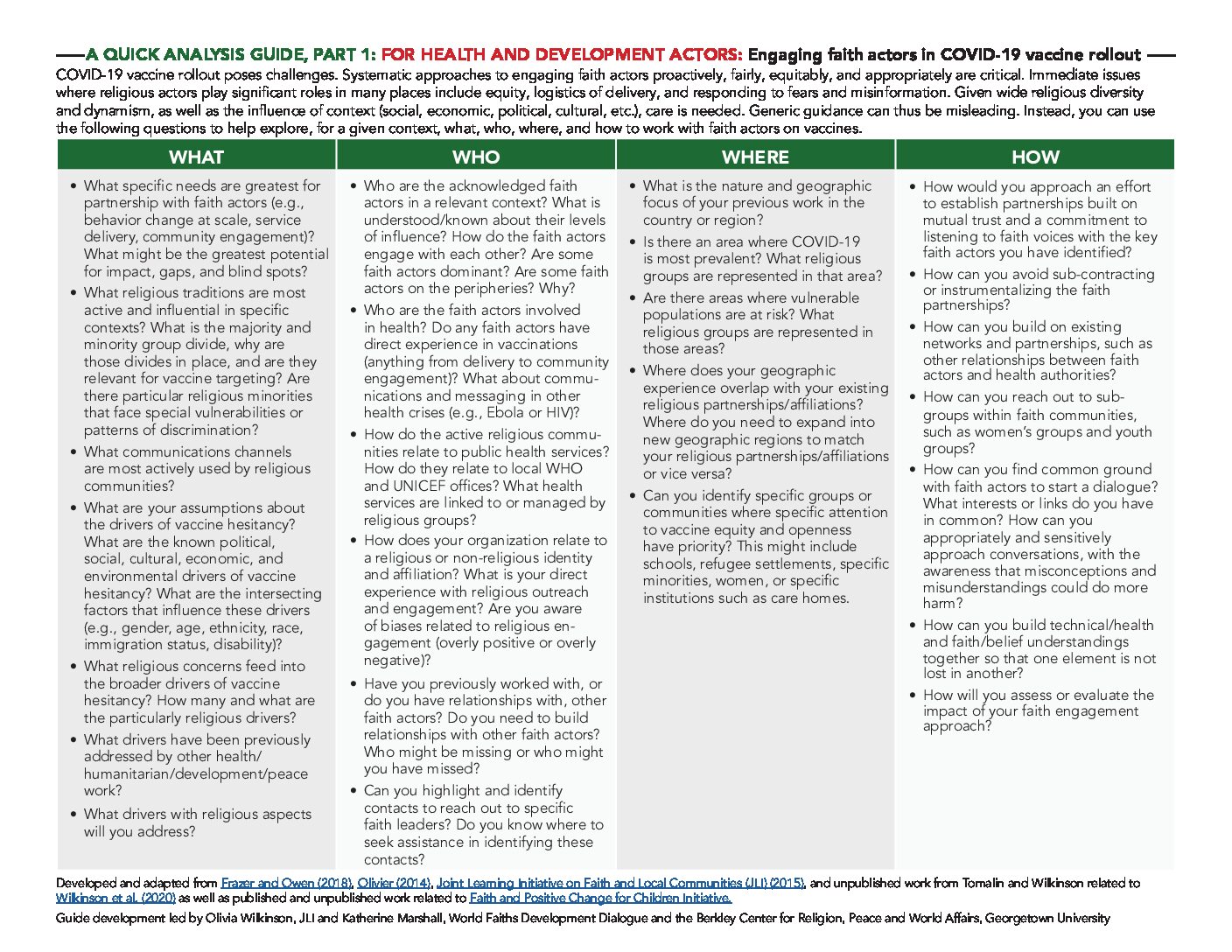
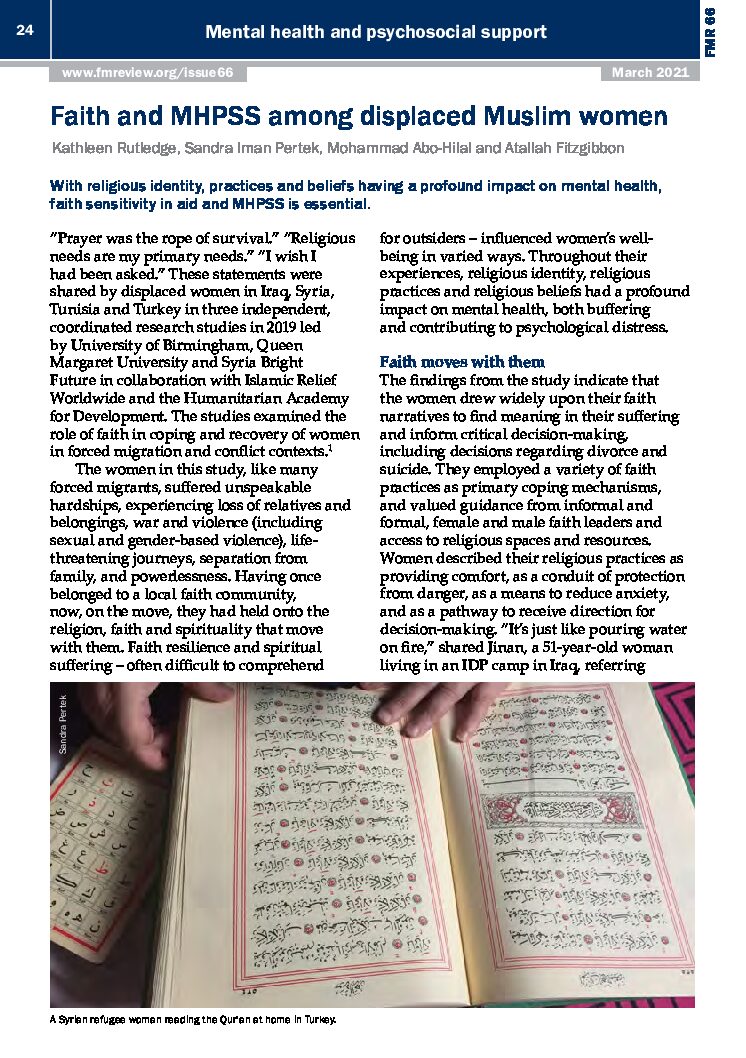
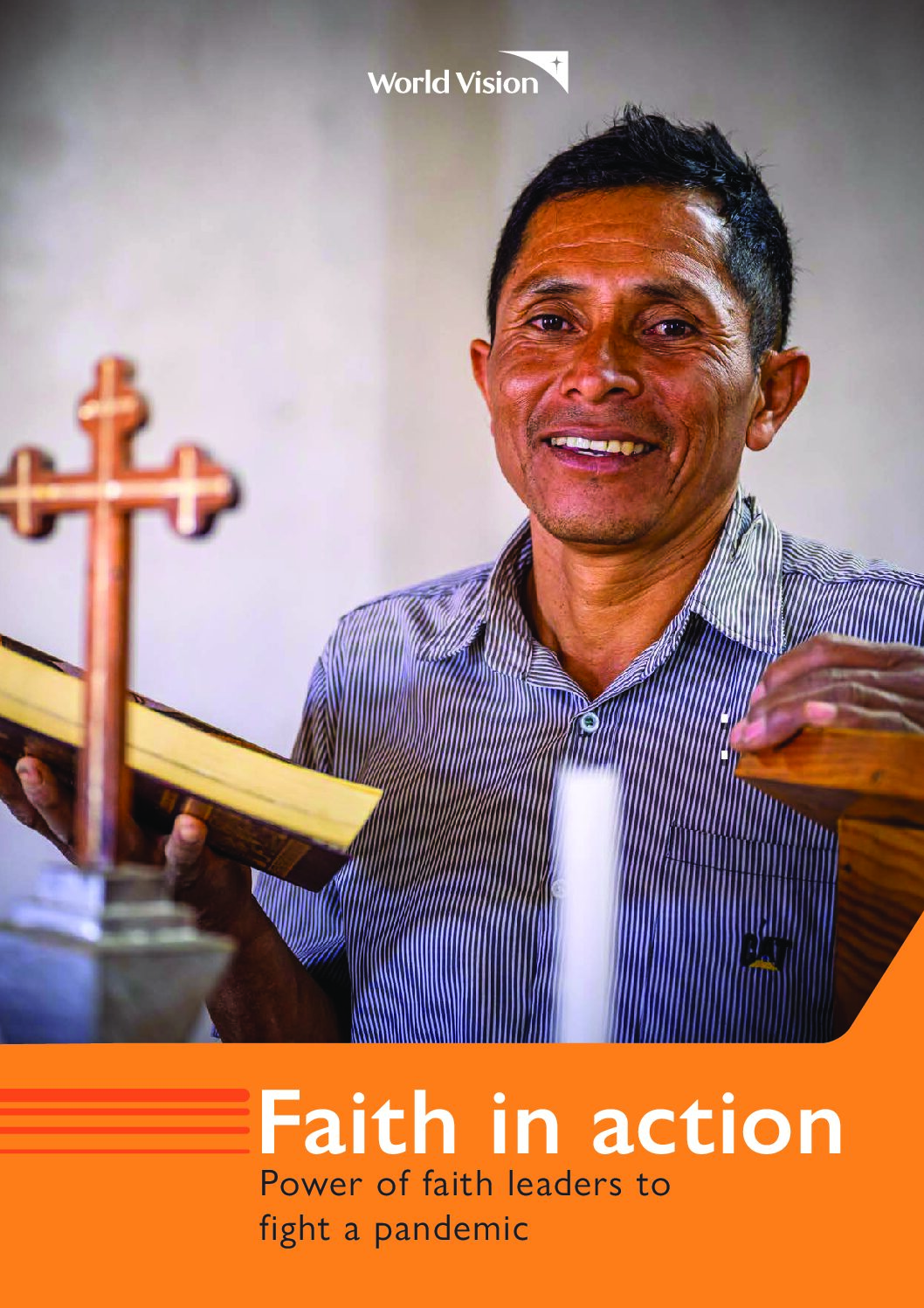
0 Comments